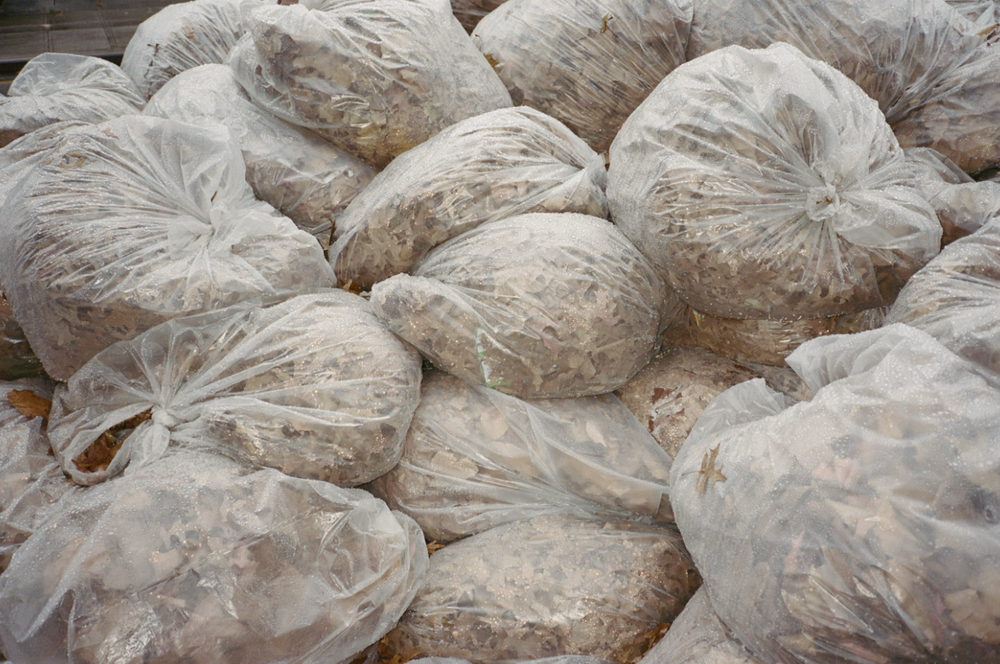Composting is universal in NYC. But is anyone participating?
Feb. 14, 2025, 2:12 p.m.
New data shows less than 5% of New Yorkers’ organic waste is being diverted from landfills.

Convincing New Yorkers to compost is proving to be a vexing challenge for the city's sanitation department.
A new analysis by a Baruch College professor shows that only 4.6% of all organic waste in the five boroughs was composted from October to December. Staten Island composted the most of any borough, with 13.2% of organic waste being diverted from landfills. Dense neighborhoods in Manhattan and the Bronx barely composted at all.
“We see capture rates from under 1% to a little over 2%. That's not just, ‘Oh, it's a start.’ That is abysmal,” said Baruch School of Public and International Affairs professor Samanta MacBride, who used to work as a research director at the sanitation department.
The rollout of mandatory composting to all five boroughs was completed in October, reaching a key milestone in Mayor Eric Adams’ war on trash. He touted the measure as good for the environment and cleanliness of city streets. In theory, the city’s composting program is the largest of its kind in the United States.
But MacBride said the rate of organic waste diverted from New York City landfills is far lower than cities like Seattle, which has a 60% capture rate.
By law, it’s illegal for New Yorkers to toss grease-soaked pizza boxes, egg shells and other organic waste in the garbage. But the reality, which is backed up by MacBride’s analysis, is that very few New Yorkers are tossing their organics in the sanitation department’s signature brown bins. Many large buildings in particular have not changed how they collect tenants’ trash.
The sanitation department can start enforcing composting rules in April. Spokesperson Vincent Gragnani said the department is wasting no time and will be aggressively warning residents who don’t separate their organics.
Penalties will start at $100 for owners of buildings with eight or fewer units. Fines can go as high as $300 for larger buildings.
Gragnani said the sanitation department is adding a new type of 311 service request to report buildings that aren’t offering methods to separate organics from regular trash. Sanitation officials will then visit buildings to remind management of their responsibilities.
MacBride attributed the higher collection rate in Staten Island to the fact many residents are already in the habit of gathering yard waste. She said the sanitation department will need to get the overall capture rate up quickly if universal curbside compost collection is to be sustained.
“The program is not working in areas where there isn't yard waste,” she said, adding that increasing the composting rate in large buildings is key to the program’s success.
MacBride said that the tons of yard waste collected through curbside composting are driving up the overall capture rate. Very few New Yorkers are composting food scraps, she said.
“The food part of the program, especially in dense, multi-unit buildings, is the part where almost no one is participating,” MacBride said.
NYC's universal composting off to slow start as many landlords don't offer bins